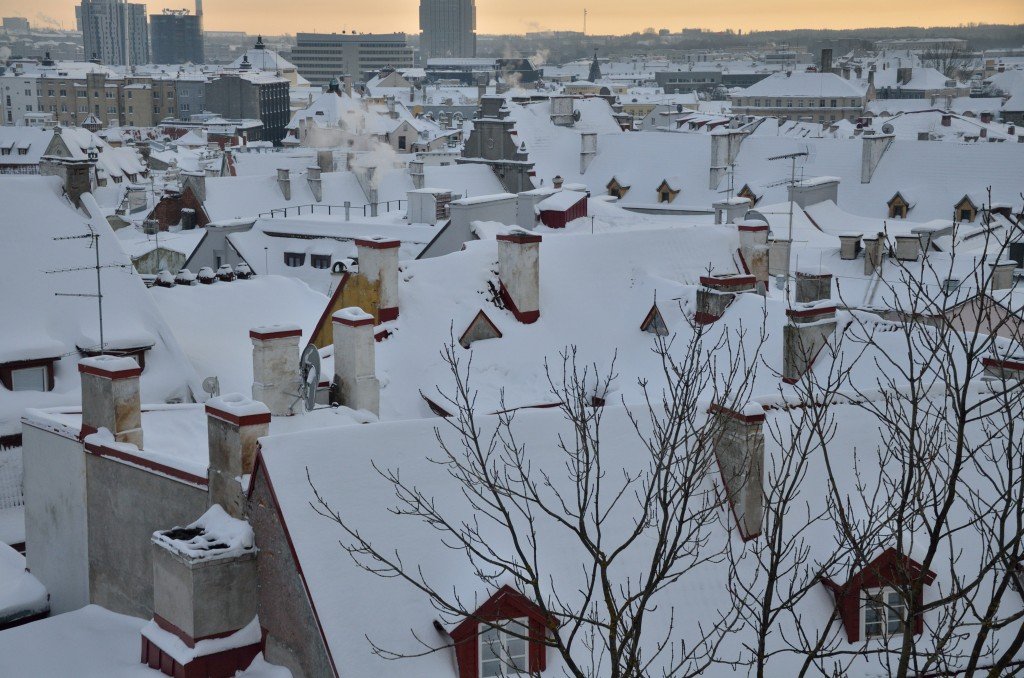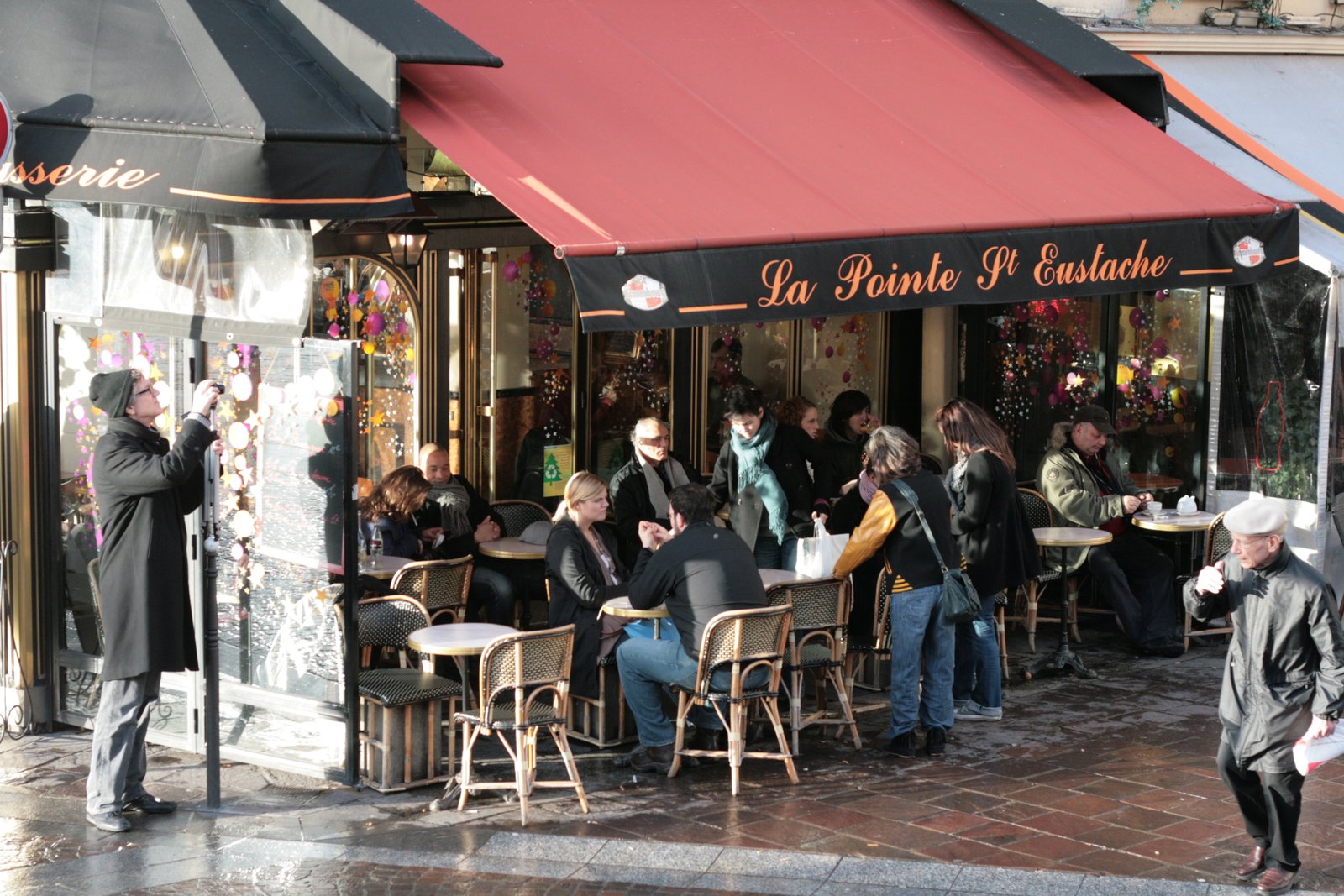Talk delivered to the Europe in the 21st century: Power, leadership & crisis Summer school for secondary school teachers
There’s a problem in Australia, with regard to Europe. It’s not just the media, although we’re certainly among the biggest culprits. The pervasive attitude, in Australia, is that Europe is a history subject. Europe represents the past … Asia is the future … we’ve got Europe under control. So, we can tick the European box and move on.

The problem with this is … well … everything. To so casually dismiss Europe as a legacy region—static and easily understood—is folly. And there are a few clear and urgent reasons why this attitude should bother every one of us, especially in the education sector.
The first is that Europe has never stopped morphing, but the current state of flux is as radical now as it was at the end of the Cold War, 23 years ago. The immediate economic meltdown is a major part of this state, but in many ways it only goes to accentuate a massive, ongoing and very restless existential crisis. But I’m not really using the word ‘crisis’ in a negative way. Europe is changing shape. Within that there are myriad identity issues, and the result has been widespread, active and very healthy debate over who Europe is and who the individual countries are within that larger region.
In the past 4 years, Lyn Gallacher and I have travelled to Europe on 3 occasions. In 2009 we went to Paris to pursue some research that I was undertaking, as part of a State Library of Victoria Creative Fellowship. And though, on that trip, we were not there as radio program-makers, it sort of goes with the territory to be observing our surroundings.
It was already a few years into the GFC and the uncertainty and anger was obvious on the streets, as we found ourselves caught up in protest rallies and lock-outs, from archives and from libraries we were trying to access. The French public sector was beginning to shrink in the crisis, and the easiest targets were (of course) cultural institutions.
A year later we were back in Europe. Lyn had been fortunate enough to receive an EU Journalism Award. I accompanied her as technical support and we raced, like lunatics, through 7 European countries in 5 weeks—from Estonia and Finland in the east, to the UK in the west, recording material for a radio series on the Fate of European Culture in the wake of the GFC. We’d only been there one year earlier, but the ground had shifted quite markedly in that time. Paris was a different place and across the whole of the region, the European project was being tested, strained and examined.
As a part of this, we found ourselves in Tallinn, the capital of Estonia, at midnight on New Year’s Eve 2010, as the country switched its currency to the Euro, and as Tallinn became one of the European Capitals of Culture for a year. Estonia was excited, and in spite of the wider economic crisis, Estonians seemed in no doubt as to why they were joining the Eurozone. For countries on the Eastern fringe of Europe, the memory of the Cold War, and of having your own culture and identity denied to you, was still very fresh. For them, European Union is model of relative calm and of cultural diversity. It’s what can happen when people actively agree to rally together and create a new paradigm for peace and mutual respect.
I use the word ‘actively’ there very deliberately, because in reality Europe is an active figment of people’s collective will and imagination. It’s a construct that is both extraordinary and fragile.
We found that, as much the countries of Eastern Europe were unambiguous champions of the EU, countries further west were showing increasing signs of complacency and torpor. For places like the UK and France, the memory of war and serious unrest is much more distant. And consequently the value of European Union, as a mechanism not just for economic unity, but as a bulwark for peace, has been nearly forgotten.
And as much as the people can will this thing called ‘Europe’ into a place of high ideals, they can equally will it into a far less edifying state of being. And if they stop believing in the idea of Europe altogether … it will crash to the ground in a disaster of failed ambition, ignorance, laziness, and, in the worst cases, toxic nationalism and violence.
But European Union has some inner strengths—some structural features and wisdom that make it tougher and more durable than it might seem at first glance. It doesn’t mean that everything that Europe does is smart or appropriate. It doesn’t mean that they don’t, in fact, get some things terribly wrong. But it’s these stumbles, mixed with a determined desire to improve the region for everyone—that’s the stuff of progress, and it’s what we learn from. And this, in a way, leads me to the second reason we should care enough to watch Europe like hawks.
Our 3rd trip to Europe was just last October. We visited Brussels (briefly) and then Germany, thanks to the German Grant for Journalism. This meant I was able to take a more focussed look at the country that, once again, finds itself at the centre of major world events, playing a critical role in the ongoing European economic drama. My aim for the trip was to examine aspects of underlying German identity (or identities), as a way of trying to understand the more visible social, economic and regional events. The result was a 3-part series that broadcast on Radio National’s Creative Instinct at the end of last year.
The point of understanding facets of identity is crucial. Germany shares its borders with 9 other countries, and when you consider that distances in Europe are tiny, compared to Australia, that means that, in a few hours by train in any direction, you cross into another place, with a different culture, history, language—and these boundaries are utterly permeable, effortless to cross. It’s one of the great tricks that helps to unify Europe, but it’s also a challenge for the sovereign psyches of the individual member states.
Compare that to Australia. How many international borders do we share? If we did have another country physically attached, with a different language, traditions and beliefs, would we display the same respect and equanimity that modern European countries show to their neighbours? Well, in a way we do share borders with many hundreds of indigenous nations across the country, and we’ve pretty much failed the test of how to deal with all those internal cross-cultural differences. So perhaps we’re not as sophisticated as we like to tell ourselves.
But this issue of identity is a bit of a clincher in our increasingly globalised world. We tend to be a bit binary in our conception of identity. The government’s release last year of the white paper on the Asian Century seemed to confirm what the media propagates, and what many people have fixed in their minds—we’re part of Asia now, we’re not European anymore. But this is patently daft. The idea that we have to be one or the other makes no sense. We know, in our own lives, we can have a private identity, a family identity, a work identity, a public identity and an identity as Australians and as global citizens. Our heads don’t explode, just because we’re carrying all these different ideas of ourselves.
Of course we have an evolving identity in the Asian region. This doesn’t preclude our still being home to myriad European cultural traditions, systems of Government, family connections, languages, memories and ongoing relationships. That’s part of what multiculturalism is. It’s just a shame that our inability to understand that fully, prevents us from being truly cosmopolitan.
But my point is that, with all of our European inheritance, why on earth are we not paying closer attention to what’s happening in Europe? How Europe copes with unfolding cultural and economic change must be used as part of the key to how Australia moves ahead. There is so much detail and nuance, in European behaviour and events that we’re overlooking, because we feel we’ve moved on from that story. But we haven’t. We mustn’t. Every time I return to Europe, I’m amazed at the subtle changes, alongside all the more obvious tectonic shifts.
I know, as teachers, you can’t necessarily alter the trajectory of overarching curriculum trends. But you can make Europe as alive and as relevant as it really is, in the way you choose your words in the classroom, and through your own curiosity and attention. European languages are still important. I’m currently trying to learn German, because I think it’s valuable to my world and my work. As well, European politics is utterly riveting when it’s properly tapped into, and when you find the right sources of information. And … European history is what is happening right now, and will continue to happen. Europe never stopped being a great story. We’ve just got to become better storytellers.
Presented by Michael Shirrefs and Lyn Gallacher
Friday 18th January 2013 at the Monash University Law Chambers in Melbourne
The Europe in the 21st century: Power, leadership & crisis Summer school for secondary school teachers was a joint program run by:
- Monash European and EU Centre
- ANU Centre for European Studies
- European Union Centre at RMIT
- National Centre for Research on Europe, New Zealand
with support of the European Commission and the Delegation of the EU to Australia.
© 2013, Michael Shirrefs & Lyn Gallacher
